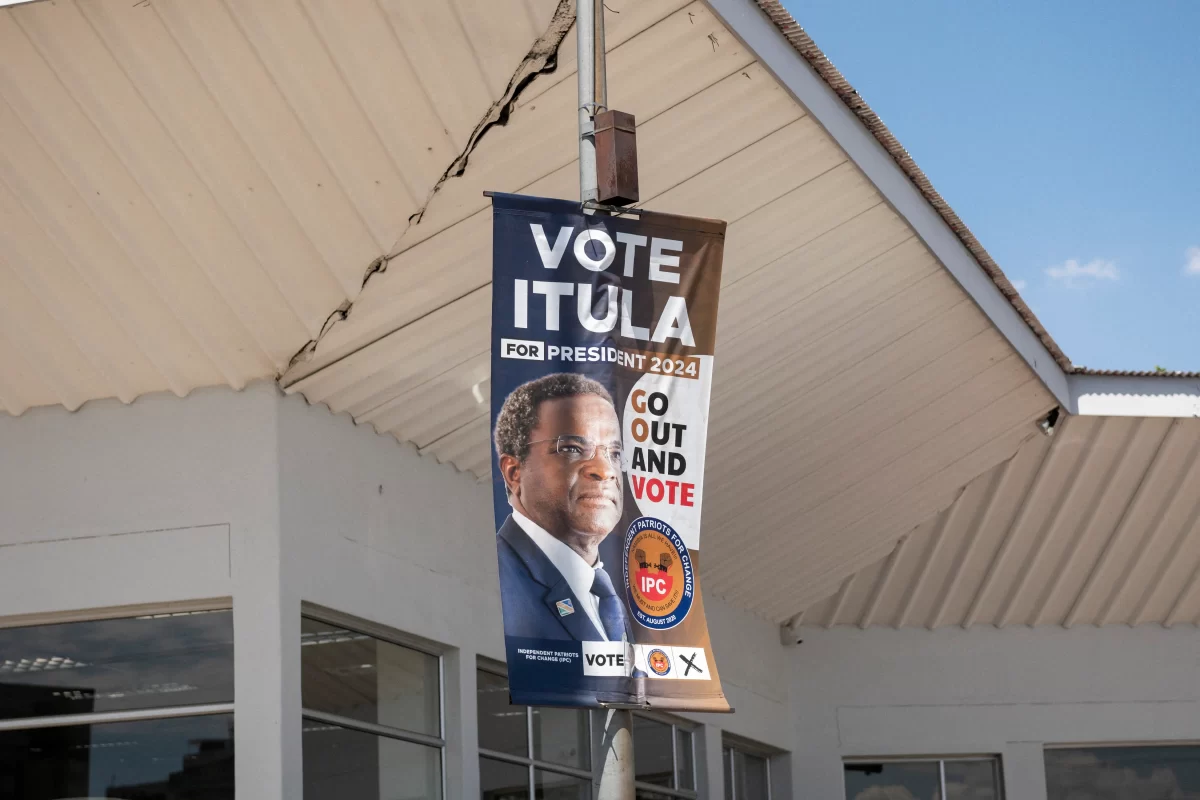BULAWAYO – Zimbabwe’s 125,000 teachers will go on strike when schools open on Tuesday to demand payment in United States dollars, union leaders said.
Public sector employee unrest is stalking the government of President Emmerson Mnangagwa, which is already battling a strike by doctors which entered day 37 on Monday.
Teachers say a sharp spike in prices of basic goods, school fees, transport and housing costs has eroded their salaries which were already nearly four times down in value following the deterioration of RTGS and bond note balances against the United States dollar.
The Zimbabwe Teachers Association, the largest union, said it was concerned by the “rapid deterioration of conditions of work of our members across the country” as well as the “systematic erosion of the value of our members’ salaries”.
“Our members are unable to report for duty with effect from January 8, 2019, due to incapacitation. To enable the teachers to report for work and to subsist, we demand the payment of salaries in US dollars,” ZIMTA president Richard Gundane said in a January 5 notice to strike.
Pupils with boarding places were returning to their schools on Monday for the first term uncertain if there will be teachers to take classes starting Tuesday.
The government has invited all public sector unions to a meeting on January 9 where it hopes a deal can be secured to prevent a potential government shutdown.
ZIMTA says rural teacher are the worst affected, with long distance bus fares now three times higher than what they were when Mnangagwa was controversially declared President after a disputed July 30, 2017, election.
Rising costs across the economy, while public sector workers’ pay remains unchanged, has created a perfect storm for Mnangagwa’s government which has so far rejected the proposal to pay its workers in United States dollars.
Ndavaningi Mangwana, the government spokesman, said on Monday: “The government wants a positive relationship with its employees based on trust, honesty and commitment to engagement. In all frankness, it is very clear that it won’t pay salaries in United States dollars because it just can’t. This is an economic reality and surely blood cannot ooze out of a stone.”
















